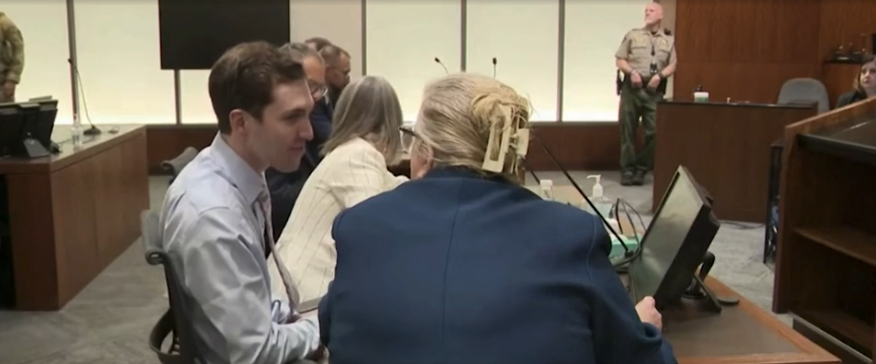US drug war legacy limits student loan relief
- Capitol Times

- Aug 30, 2022
- 1 min read

As part of his proposal to forgive federal student loans, President Joe Biden hopes to narrow the nation's racial wealth gap. However, Black and Hispanic Americans were disproportionately excluded from one of the key components of Biden's plan: the Pell Grant.
According to Biden, an estimated hundred thousand drug offenders were denied federal financial aid, including Pell Grants and student loans, as part of the “war on drugs,” a consequential, anti-crime legislative agenda that he championed as a senator. Following the completion of their prison terms, these offenders had to take out large, often predatory, private student loans.
Some were discouraged from seeking federal aid by a requirement to disclose their drug record on financial aid applications, while others put off attending college or dropped out entirely.
A harsh drug law in the 1990s made crack cocaine and marijuana offenses punishable by harsh sentences for black and Latino men. The rate of incarceration for men of color has skyrocketed. Congress repealed the Pell Grant ban in 2020 after 25 years of keeping the policies in place.
America’s student loan debt burden, which now tops $1.6 trillion, “is especially heavy on Black and Hispanic borrowers, who on average have less family wealth to pay for it,” Biden said last week as he announced the forgiveness plan.
Individuals and families earning less than $125,000 or $250,000 annually can request forgiveness of up to $10,000 on their student loans. For borrowers who also received Pell Grants, a federal program that gives needy undergraduates aid that they do not have to repay, its offer doubles the debt relief to $20,000.
30 August 2022






Comments